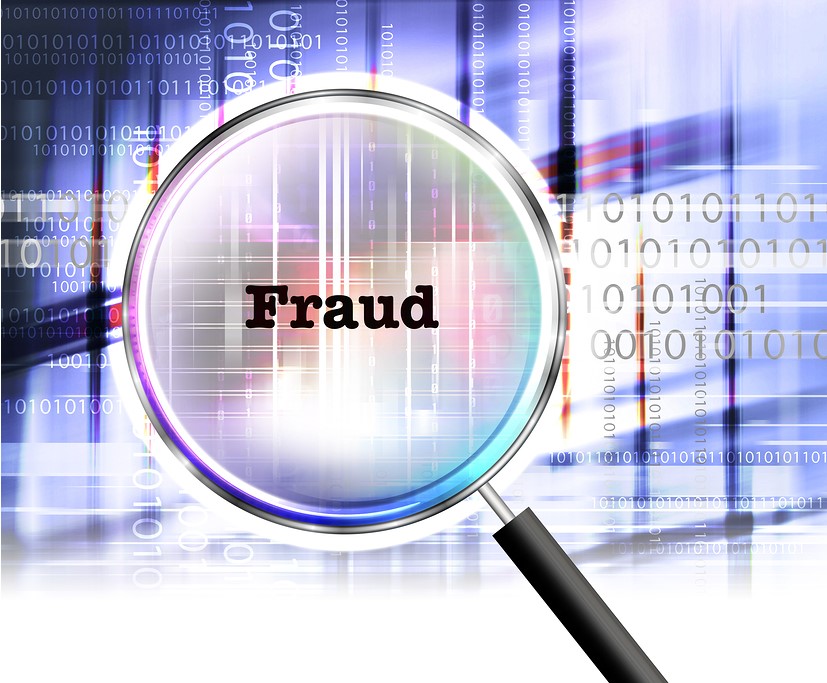

The American Institute of Certified Public Accountants on Wednesday issued its first authoritative standards for members who provide forensic accounting services.
Forensic accounting services are described in the document as those involving “the application of specialized knowledge and investigative skills by a member to collect, analyze, and evaluate certain evidential matter and to interpret and communicate findings.” The Statement on Standards for Forensic Services No. 1 focuses on certain types of engagements – litigation and investigation – rather than the specific skill sets used or activities involved in those engagements.
Litigation is described in the statement as “an actual or potential legal or regulatory proceeding before a trier of fact or a regulatory body as an expert witness, consultant, neutral, mediator, or arbitrator in connection with the resolution of disputes between parties.” The category includes disputes and alternative dispute resolution.
Investigation is described as “a matter conducted in response to specific concerns of wrongdoing in which the member is engaged to perform procedures to collect, analyze, evaluate, or interpret certain evidential matter to assist the stakeholders in reaching a conclusion on the merits of the concerns.”
The standards generally do not apply to forensic services performed as part of an attest engagement such as an audit, review or compilation, or to internal assignments made by an employer to an employee not in public practice.
Under the standards, an AICPA member who serves as an expert witness in a litigation engagement is generally barred from providing opinions subject to contingent fee arrangements. A member performing forensic services is also prohibited from issuing an opinion regarding whether a fraud has been committed. A member may provide an expert opinion regarding “whether evidence is consistent with certain elements of fraud or other laws.”
The standards were developed and issued by the AICPA’s Forensic and Valuation Services Executive Committee. They are effective for engagements accepted on or after January 1, 2020, but may be voluntarily implemented earlier. Member forensic services are also subject to the AICPA’s broader “General Standards Rule,” which establishes guidelines such as professional competence, professional care and planning and supervision.
If you have any questions regarding this article or other matters related to forensic accounting, please contact Advent Valuation Advisors at info@adventvalue.com.
